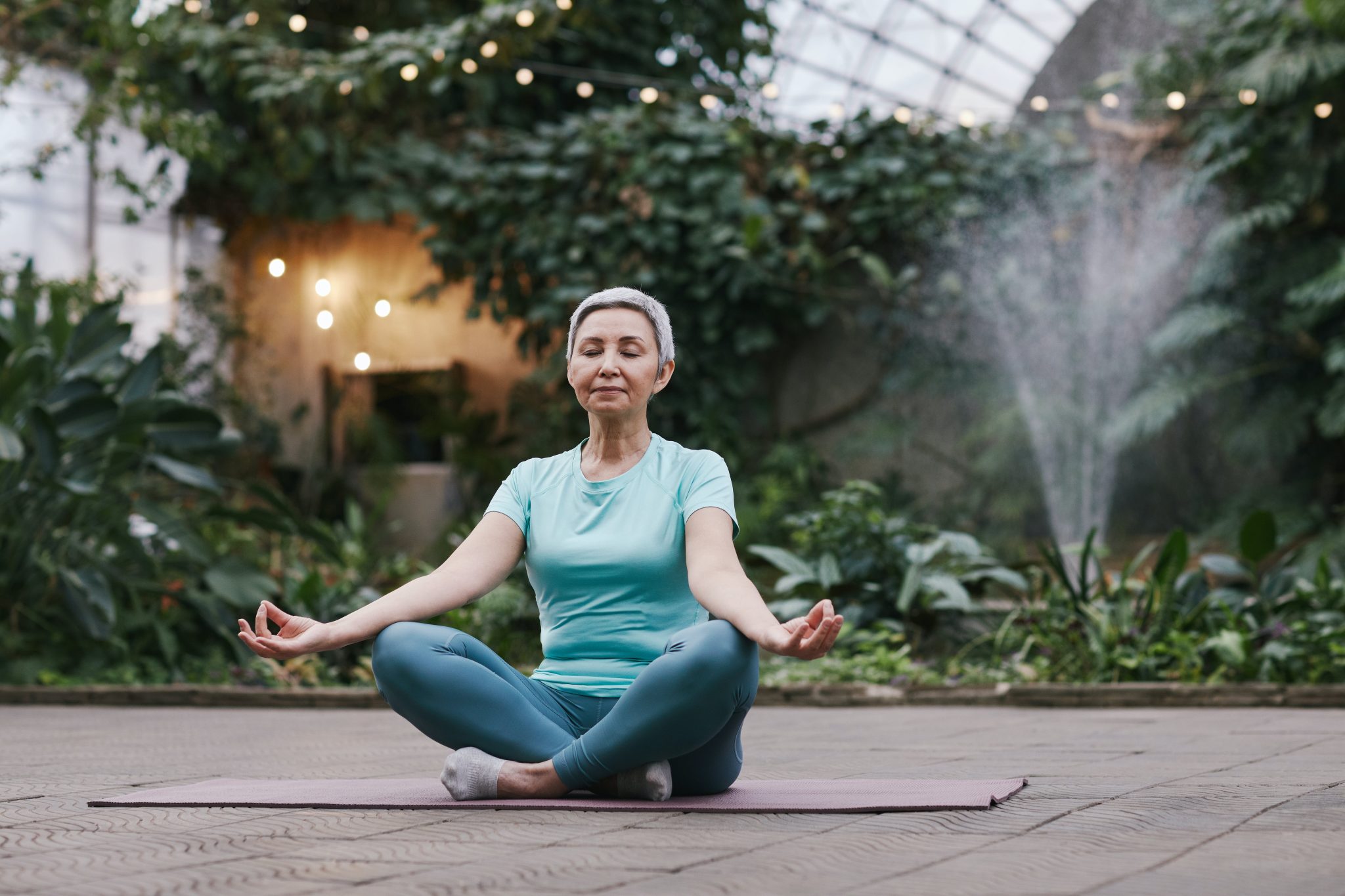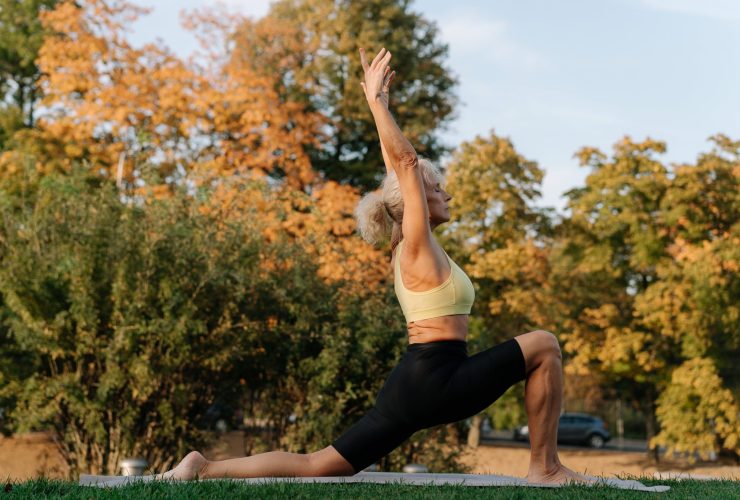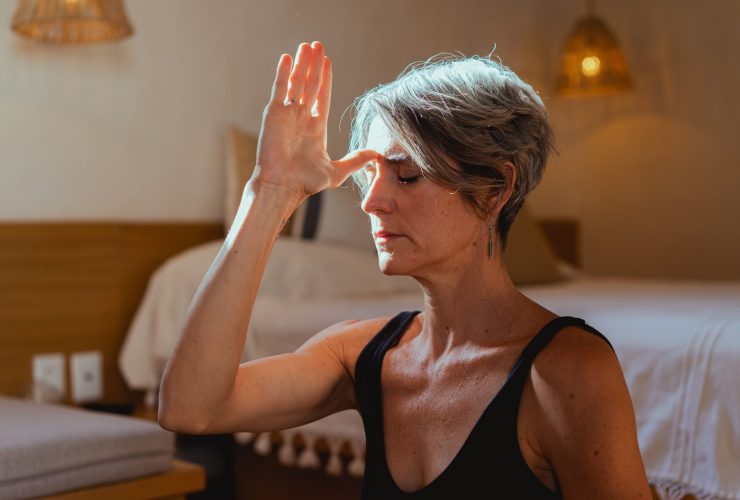Welcoming the golden years with grace and serenity can be a transformative journey, especially when infused with mindfulness for seniors. As a time-honored tradition melding the simplicity of being with the complexity of experience, mindfulness practices offer a rich tapestry of benefits, enhancing well-being at a stage of life where every moment counts. This guide delves into the heart of guided mindfulness, presenting step-by-step mindfulness techniques designed to enrich the daily lives of our cherished elders. As we unfold the layers of senior mindfulness activities, we invite you to learn how these practices pave the way for peace, joy, and connectedness during the years of wisdom.
The Fundamental Principles of Mindfulness for Seniors
As we acknowledge the aging journey, integrating mindfulness into the day-to-day lives of seniors has become a beacon of light, ushering in an era of enhanced cognitive plasticity, emotional regulation, and nonjudgmental awareness. Mindfulness for seniors is not just a practice but a gateway to rediscovering the present moment, reshaping the stress-laden narrative that often accompanies the later stages of life. By embracing the myriad benefits of mindfulness, individuals in their golden years can experience a transformation toward a life characterized by mental clarity and stress reduction.
Understanding Mindfulness and Its Benefits
At its heart, mindfulness centers on present-moment awareness, an invaluable aspect of seniors’ daily lives. It is a beacon that illuminates the path to stress reduction, fostering a nonjudgmental awareness that is both liberating and empowering. Mindfulness-based stress reduction (MBSR) stands out as a testament to this, proving to be a seminal cognitive intervention that promotes tranquility and cognitive enhancement amid the complexities of the aging process. Through mindful breathing exercises and meditation, seniors glean the myriad benefits of embracing the present—cultivating resilience and a serene outlook on life’s inevitable challenges.
Daily Mindfulness Habits: Breathing, Observing, and Being Present
A daily mindfulness routine can begin with the simplicity of mindful breathing exercises, anchoring individuals in a state of presence that quietly combats the racket of internal chatter. These subtle yet profound practices pave the way for enhanced mental clarity and serve as cognitive exercises that are especially beneficial for seniors, including those navigating the early stages of dementia. Steady, mindful attention to the inhalations and exhalations is not only a stress reduction technique but a portal to a heightened sensory experience, enhancing cognitive functions one breath at a time.
Mindfulness as a Cognitive Tool in Aging
The Mindfulness-Based Cognitive Approach for Seniors (MBCAS) emerges as a tailored intervention, keenly aware of the unique pace of self-development required for seniors. It is a nuanced recognition of the aging process, leveraging the pillars of cognitive plasticity to enable a renaissance of adaptability and learning. By fostering an environment where cultivating positive coping mechanisms becomes the norm, MBCAS and similar cognitive interventions offer seniors a vital lifeline to endure and thrive amidst the winds of change.
Embracing Mindfulness Meditation: Techniques and Approaches
Mindfulness for seniors extends into the meditative realm with techniques designed to enhance emotional regulation and insight meditation, guiding individuals toward a harmonious inner peace. From the foundational sitting meditation to the nuanced insights meditation, these techniques serve as a meditation guide for seniors, embodying the essence of mindfulness. Whether it’s the compassionate embrace of loving-kindness meditation or the grounding presence of a body scan, these practices are more than symptomatic relief; they are a profound acceptance and celebration of the transformative journey of aging.
Mindfulness Activities Tailored for Senior Well-Being
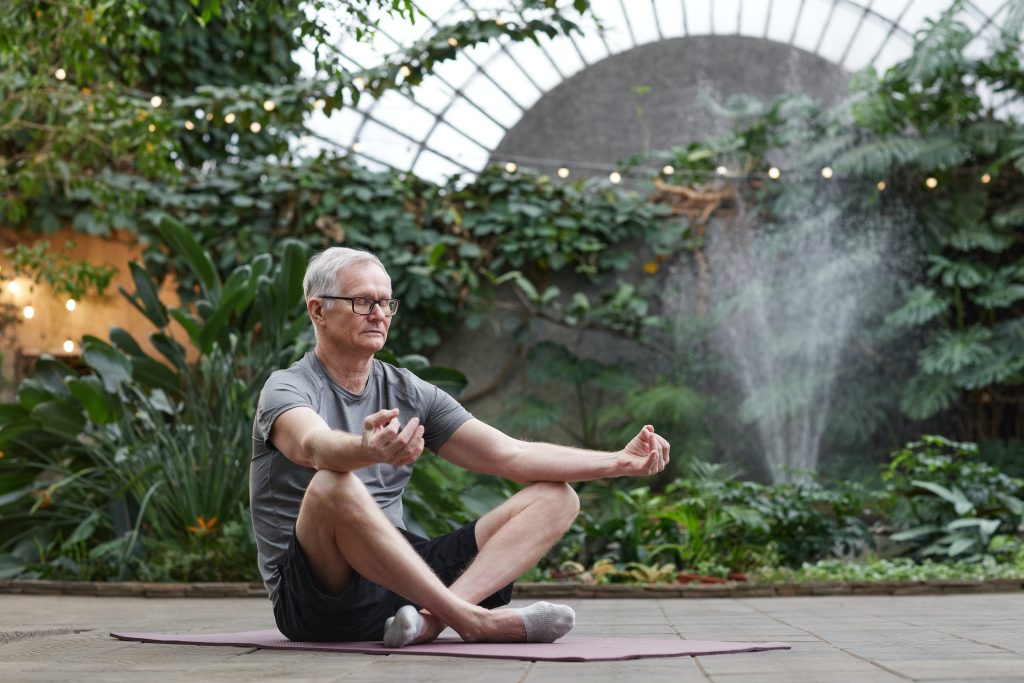
- Tai Chi: This gentle martial art introduces flowing movements that improve balance and focus the mind. Adaptations are readily available to suit varying levels of mobility among seniors.
- Yoga for Seniors: Yoga is a versatile practice that can be modified to accommodate the unique physical needs of seniors, all while deepening breathwork and mindfulness.
- Creative Outlets: Activities such as painting or writing provide a meditative focus that can unleash creativity, offering a serene yet mentally stimulating exploration of the present moment.
Aside from these activities, seniors may practice mindfulness through everyday tasks such as:
Breathing Exercises
Mindful breathing exercises offer a simple yet powerful way for seniors to begin their mindfulness practice. By setting aside some quiet time and focusing on their breath, seniors can gently redirect their attention away from distractions and anchor themselves in the present moment.
To get started, find a comfortable spot where you won’t be disturbed. Sit relaxed, close your eyes (if it feels comfortable), and bring your attention to your breath. Notice the sensation of the breath as it enters and leaves your body.
As you breathe, try inhaling deeply through your nose, filling your lungs with air, and exhaling slowly through your mouth. With each breath, observe the flow of air in and out, feeling the rise and fall of your abdomen or chest.
While engaging in mindful breathing exercises, it’s normal for your mind to wander. Whenever you notice your thoughts drifting away, gently guide your focus back to your breath without judgment.
Mindful breathing exercises can be a valuable tool for reducing stress, anxiety, and negative emotions. They can also enhance your concentration skills, allowing you to better navigate daily challenges and stay present in the moment.
Benefits of Mindful Breathing Exercises for Seniors:
- Promotes relaxation and a sense of calm
- Reduces stress and anxiety
- Improves concentration and mental clarity
- Fosters self-awareness and mindfulness
- Enhances overall well-being and emotional resilience
Remember, practicing mindfulness is a journey; each session is an opportunity to nurture your mind, body, and spirit. By incorporating mindful breathing exercises into your daily routine, you can experience the transformative power of these simple yet profound practices.
Observation
Engaging the senses and fully experiencing the present moment is the core of mindful observation for seniors. This practice encourages them to choose an object and closely examine its colors, textures, and details. By doing so, seniors can cultivate mindfulness and let go of any worries or stresses they may be holding onto.
Mindful observation is not only a relaxation technique but also a way to enhance seniors’ ability to appreciate the beauty and richness of their surroundings. By immersing themselves in the details of an object, seniors can develop a greater sense of gratitude and mindfulness in their everyday lives.
Additionally, observational drawing is another creative way for seniors to practice mindful observation. Many residential care homes offer arts and crafts events focusing on this practice, allowing seniors to express themselves artistically while engaging their senses and cultivating mindfulness.
Meditation
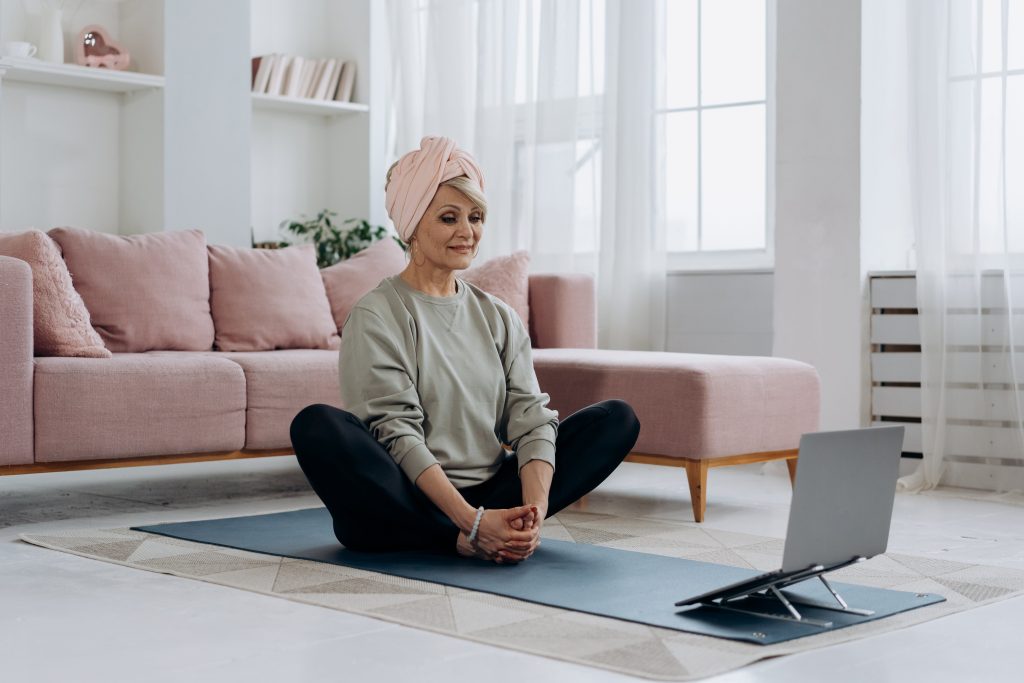
Seniors can find online resources that offer guided meditation sessions of various lengths and themes, from gratitude to body scan meditation. These guided sessions are a convenient and accessible way for seniors to incorporate mindfulness into their daily lives.
In addition to online resources, in-person meditation classes are available in and around Bristol. These classes allow seniors to practice mindfulness in a supportive environment and connect with like-minded individuals. Joining a meditation class helps seniors deepen their mindfulness practice and provides a social setting for meaningful interactions.
Walking
Walking is an excellent practice for seniors to incorporate into their daily routine. By embracing the outdoors and finding a serene environment, such as a garden or a peaceful path, seniors can engage in mindful walking and connect with the present moment. It involves walking slowly and deliberately, paying close attention to each step and the sensations experienced.
Engaging in mindful walking enables seniors to reduce stress levels, experience a sense of calm, and cultivate a greater appreciation for their surroundings. By focusing on the present moment and being fully aware of their movements, seniors can release any worries or distractions, allowing their minds to find tranquility in walking.
Furthermore, mindful walking offers seniors a form of low-intensity exercise that promotes their physical well-being. Moving the body gently and with intention supports mobility and helps maintain overall health. It is a perfect option for seniors looking for a gentle exercise routine on the joints, yet it provides numerous benefits.
Positive Outcomes of Mindfulness Practices for Cognitive and Emotional Health
Incorporating mindfulness practices into their daily routine can bring a wealth of benefits to seniors’ cognitive and emotional well-being. Research has shown that regular mindfulness can improve concentration and memory, boost self-awareness, reduce stress and anxiety, and cultivate resilience.
Moreover, practicing mindfulness can also help seniors manage chronic pain and symptoms associated with conditions such as dementia and depression. By focusing on the present moment and letting go of negative thoughts, seniors can experience a sense of calm that positively affects their overall mood and emotional health.
Conclusion
As the golden years unfold, integrating mindfulness into seniors’ routines can unlock a world of psychological benefits and cognitive health. Mindfulness transforms daily practice and manifests as a cornerstone for eldercare, paving the way for sustainable habits that resonate well into the fabric of life. Personal thoughts, emotions, and timeless engagement with the present moment all become more accessible through the tender application of mindfulness techniques, reinforcing emotional well-being, mental fitness, and a lifestyle punctuated with moments of genuine joy and connection.

